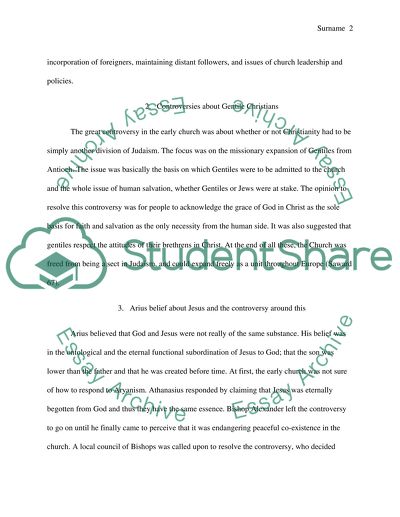Cite this document
(“TRS Essay Example | Topics and Well Written Essays - 1500 words”, n.d.)
TRS Essay Example | Topics and Well Written Essays - 1500 words. Retrieved from https://studentshare.org/religion-and-theology/1477763-trs
TRS Essay Example | Topics and Well Written Essays - 1500 words. Retrieved from https://studentshare.org/religion-and-theology/1477763-trs
(TRS Essay Example | Topics and Well Written Essays - 1500 Words)
TRS Essay Example | Topics and Well Written Essays - 1500 Words. https://studentshare.org/religion-and-theology/1477763-trs.
TRS Essay Example | Topics and Well Written Essays - 1500 Words. https://studentshare.org/religion-and-theology/1477763-trs.
“TRS Essay Example | Topics and Well Written Essays - 1500 Words”, n.d. https://studentshare.org/religion-and-theology/1477763-trs.


